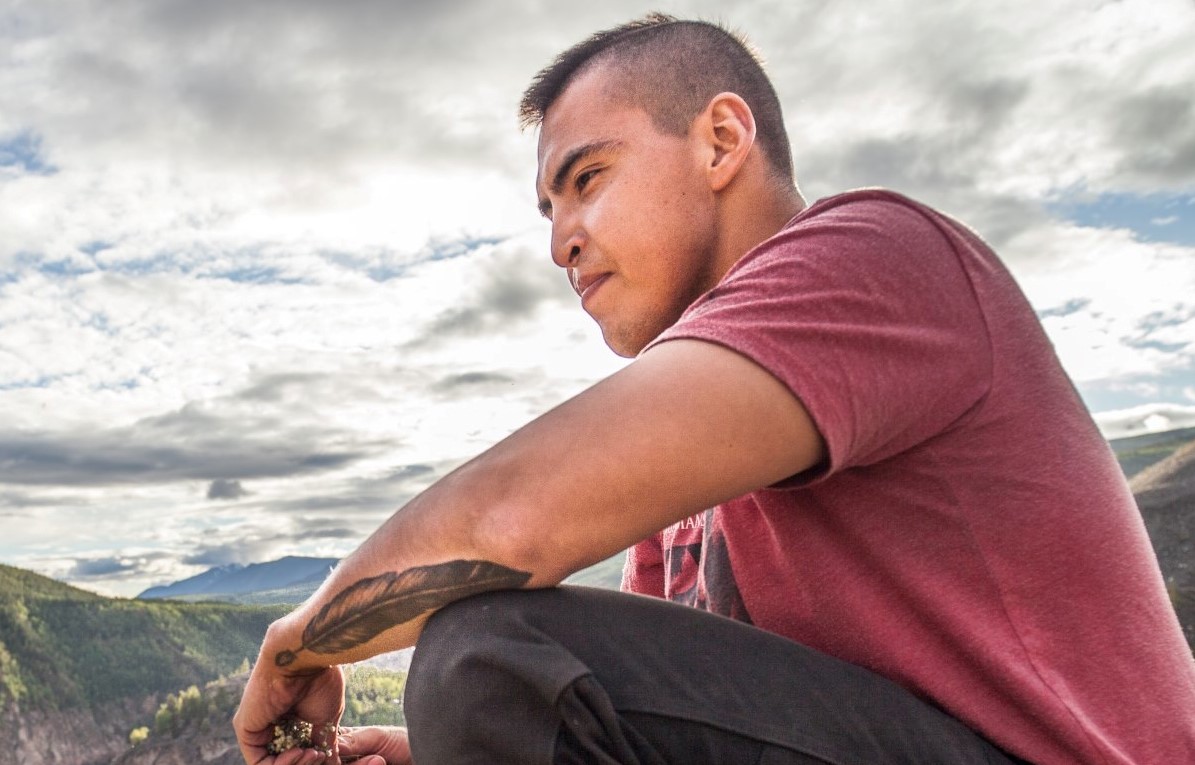Opinion: Reconciling Energy and Indigenous Rights
In 2007, Canada was one of four countries to vote against the UN Declaration on the Rights of Indigenous Peoples (with New Zealand, the United States and Australia). With its single-minded focus on making Canada an “energy superpower,” albeit only with fossil fuels, the Harper government feared the declaration’s concept of “free, prior and informed” consent regarding issues that affect Indigenous Peoples and their territories could hinder resource development.
The government was right. Most of Canada’s fossil-fuelled energy policies are on a collision course with reconciliation. Canada finally signed the declaration in 2010 but hasn’t made much progress living up to its principles around resource projects. Whether it’s oilsands, fracking, offshore drilling, mining or pipelines, economic considerations are prioritized over Indigenous rights and environmental concerns — regardless of the government in power.
Rapidly shifting from fossil fuels to renewable energy would be a win for the environment, climate, economy and Indigenous rights. Renewable energy projects create more good jobs, distributed through a larger number of communities, than fossil fuel projects. They don’t damage land, water and air the way fossil fuel development does. And bringing clean energy to remote communities that now fly, truck and ship expensive, polluting diesel fuel for generators would benefit those communities in many ways.
In their book The Reconciliation Manifesto, renowned Secwepemc activist and author Arthur Manuel (who passed away in January 2017) and Union of British Columbia Indian Chiefs Grand Chief Ronald Derrickson write that the federal government’s approval of Kinder Morgan’s Trans Mountain pipeline project was a continuation of its abrogation of the declaration. Prime Minister Justin Trudeau “knew that if UNDRIP is properly implemented, he would need not just to ‘consult’ Indigenous peoples, he would have to gain our consent. And that, he knows, we will never give.”
An article on The Conversation website reports that 239 of 279 remote communities not connected to the power grid in Canada rely on expensive, polluting diesel. Almost two-thirds are Indigenous communities. “Large-scale, rapid improvements to energy access can have positive influences on economic, social, educational and health outcomes. They are an investment in the future that becomes the backbone to support a community’s needs and growth,” writes Jatin Nathwani, founding executive director of the Waterloo Institute for Sustainable Energy and Ontario research chair in public policy for sustainable energy at the University of Waterloo.
That’s why many Indigenous communities are turning to renewables. Lumos Energy reports that Indigenous participation in the clean energy economy has been growing steadily in every part of Canada for two decades. Its report, “Powering Reconciliation,” notes that 152 “medium-large scale solar, wind, hydro and bio-energy clean energy projects” are now in operation, representing “nearly one fifth of Canada’s overall power production infrastructure” or enough to power up to 9.5 million homes. Lumos projects that 50 to 60 more will come online over the next five or six years.
At full operating capacity, medium-large projects generate at least one megawatt of energy, enough to supply 400 to 500 homes. Another 1,200 small projects are also operating in Indigenous communities. As well as generating clean energy, these projects provide employment, training and education, money and a sense of pride and independence for people and communities. The David Suzuki Foundation’s Charged Up project promotes many of their stories, to inspire others to follow their lead.
Lubicon Solar founder and David Suzuki Foundation fellow Melina Laboucan-Massimo explains in a video that her Lubicon Lake Cree community of Little Buffalo near the Alberta oilsands saw the devastation from resource extraction, including a massive oil spill, and wanted to do something different.
“We’re bathing in sunlight all around us and yet we don’t utilize that energy, and so that’s why our community has decided to install solar,” she said.
Shifting from polluting fossil fuels to renewable energy offers benefits to everyone: cleaner air, good jobs, better energy security, and less devastation to land, air and water, among them. With growing Indigenous participation in clean energy projects, it’s also a step to addressing many injustices that have come with rapacious fossil fuel extraction and the high costs of powering remote communities with diesel.
For reconciliation and for the good of everyone in Canada, it’s time to get charged up with clean energy.
David Suzuki is a scientist, broadcaster, author and co-founder of the David Suzuki Foundation. Written with contributions from David Suzuki Foundation Senior Editor Ian Hanington.



























Comments